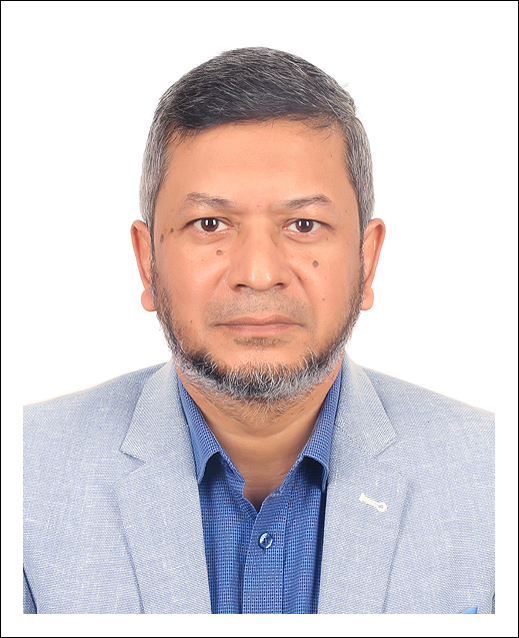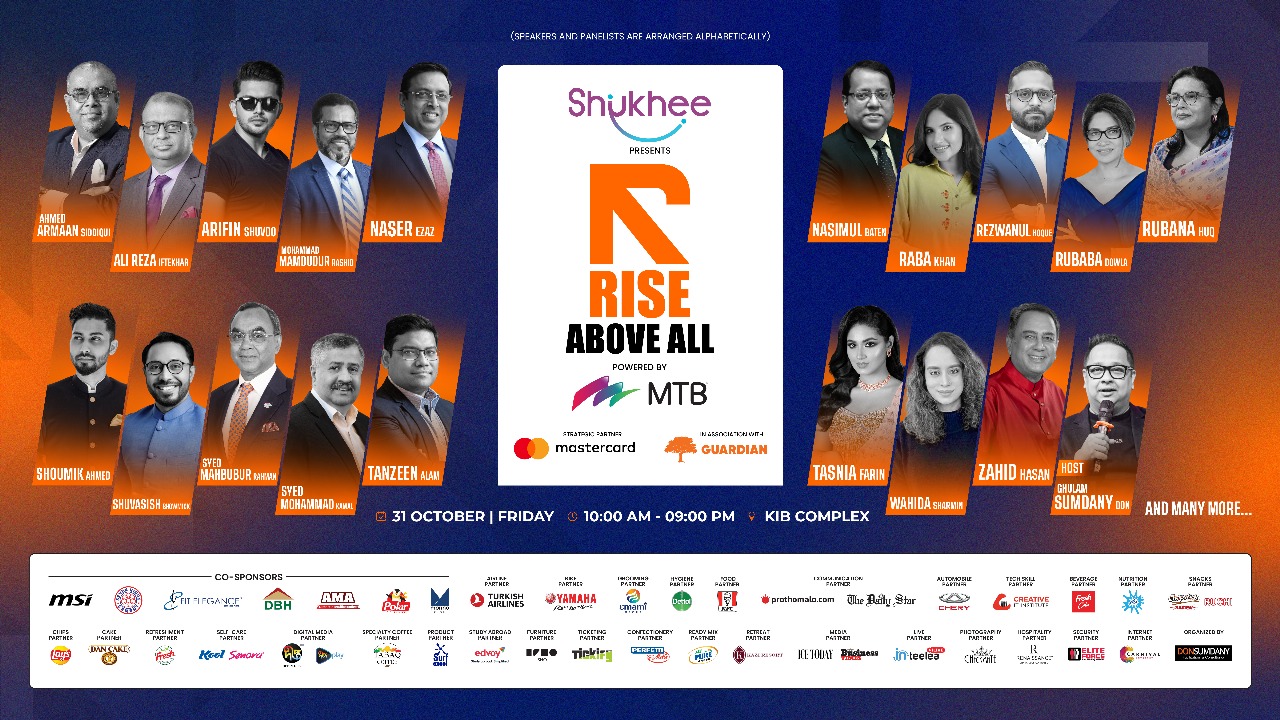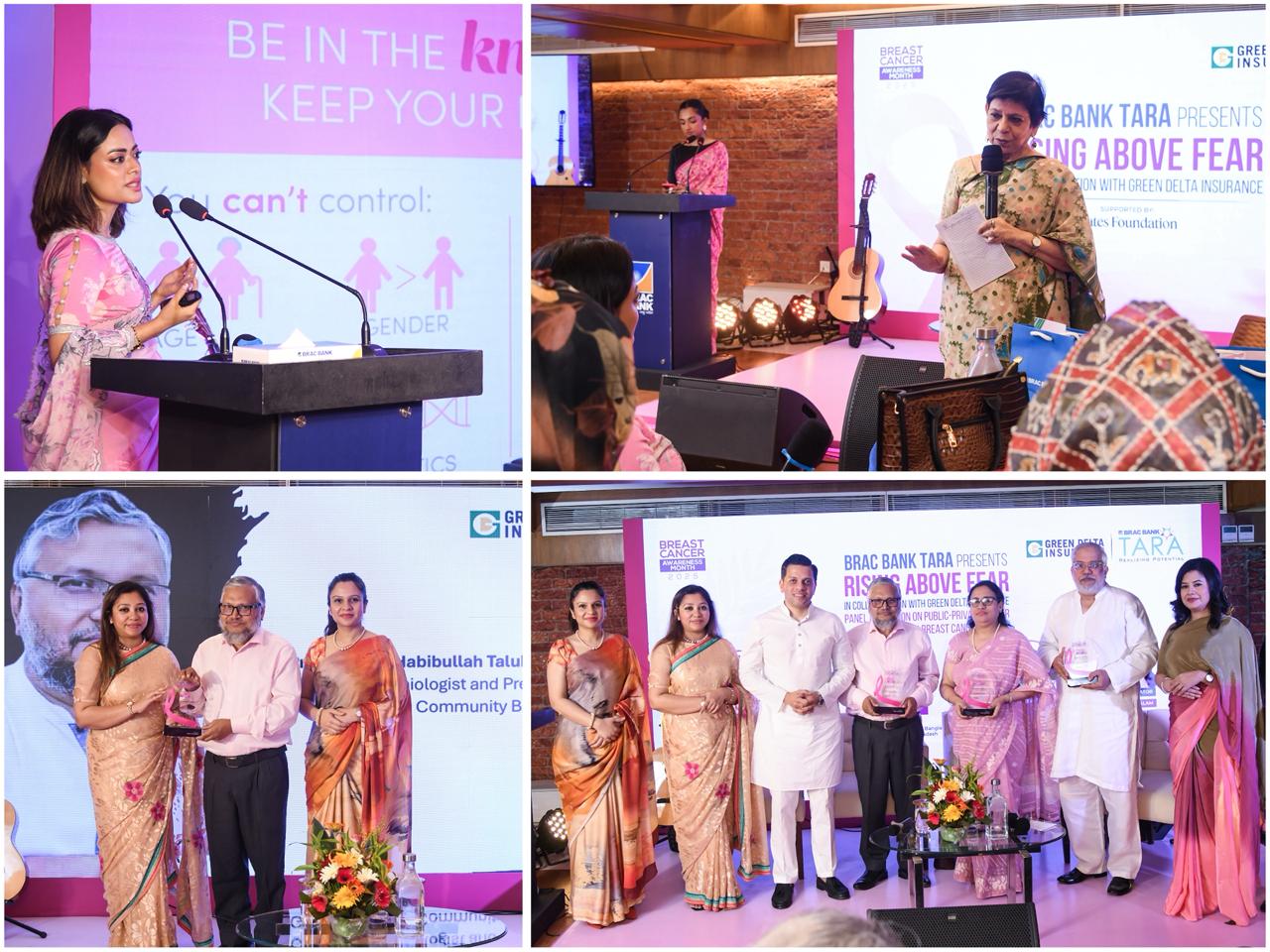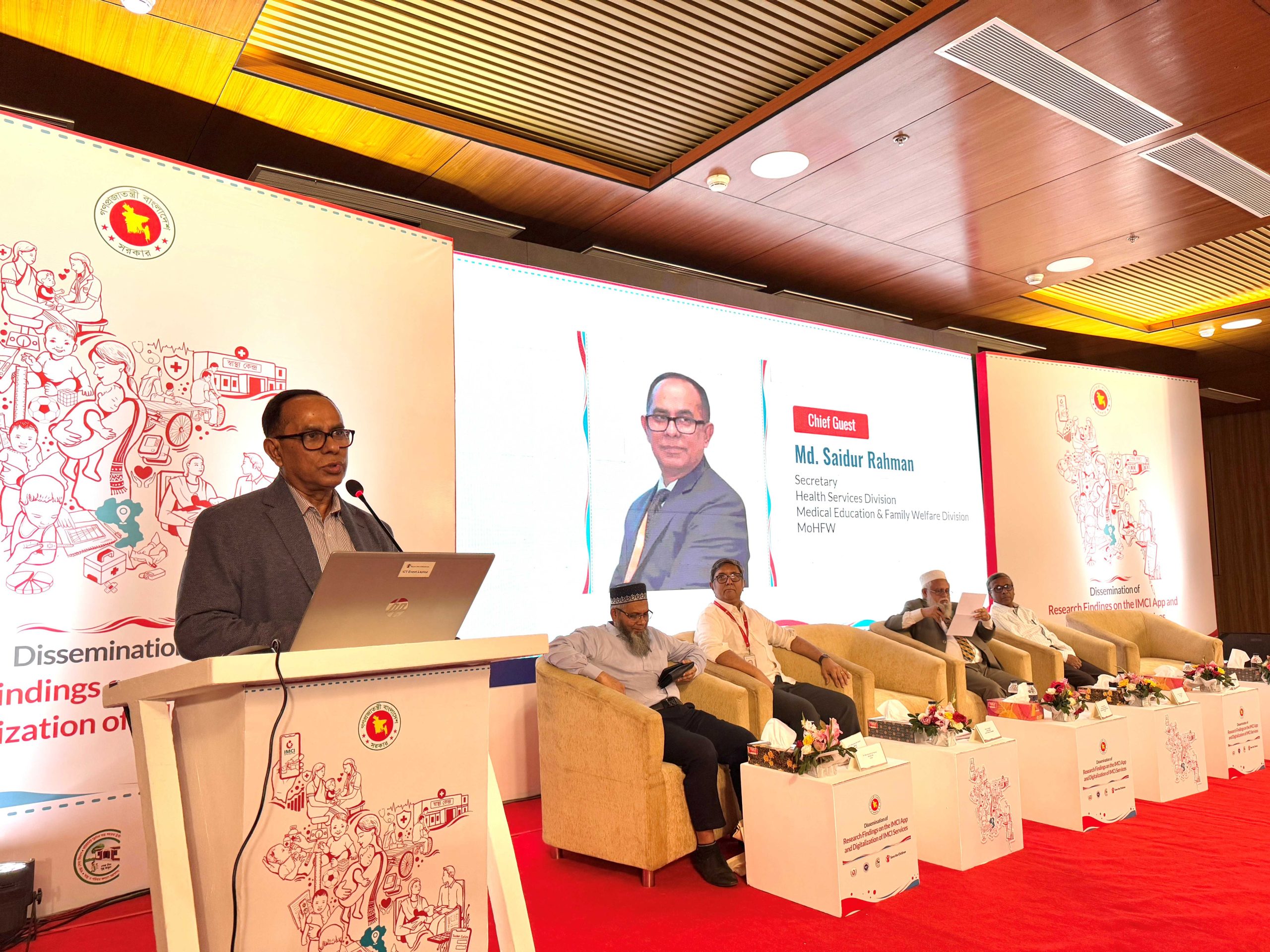The Physically-challenged Development Foundation (PDF) is a national youth-led organization whose membership comprises of youth with and without disabilities between the ages of 16-35. It aims to improve the quality of life among youth with disabilities by facilitating their personal development and promoting their full involvement in all physical and social environmental matters. It seeks to promote the concept of an “inclusive society” through and by youth who do not have disabilities. The organization was founded by Mizanur Rahman Kiron who was recently named in Forbes’ 30 Under 30 – Asia – Social Entrepreneurs list. ICE Business Times caught up with him to find out about how his endeavor is changing lives.
What is the vision of your organization?
To create a world where persons with disabilities can live without any discrimination and they are given the opportunity to realize and explore their true potential.
You are working with the youths of Bangladesh. What sort of potential do you see in them?
Among the 1.8 billion youth in the world, Bangladesh has 47.6 million young people. This is 30% of the total 160 million people in Bangladesh who are in-between the 10-24 age group, and if we consider an age group from 10-35 then more than 50% of people fall within the youth. Also, we know that 15% of this group of youth is persons with disabilities.
I am lucky enough that I have been able to work closely with this powerful group of young leaders as the president of my organization. We have more than 5000 volunteers around the country who are working for an inclusive and just society. I have been blessed to be able to observe their dedication for the country, enthusiasm for community service, creativity to generate new ideas, and passion to solve social problems and rebuild the nation. However, senior citizens and policy makers tend to not give much value to the opinions of these youth.
You were in the USA for a one year fellowship. What did you learn during this time?
In September 2015, I received the prestigious Emerging Global Leaders Initiative – Atlas Corps Fellowship designed by the U.S. Department of State. It gave me a yearlong opportunity to serve there at the leading non-profits in the field of disability and human development, as well as to participate in the Global Leadership lab by Deloitte and to talk at conferences held at the UN Headquarters, Harvard University, Washington DC, etc. My focus was learning the history of the US disability rights movement and approaches to promote the concept of inclusion. While I was learning, I became familiarized with American public affairs and human service issues. It helped me to get the comparative knowledge between Bangladesh and America in terms of policy and practices for the persons with disabilities. Working with the culturally diverse people and exchanging views on global development from people by visiting 18 different states was a significant achievement for me while I was in the States.
What made you want to work with disabled people?
Back in 2006, I attended university as the first member of my extended family. In 2008, I started assisting Barkat, a disabled student from my department; his life struggles gave me a new vision. I launched Physically-challenged Development Foundation (PDF) aiming to unlock the potential of disabled students by removing the social stigma attached towards the people with disabilities.
We dreamt to change the society and I believe that change must first start from within. So in 2011, by marrying someone with a disability, I realized how important PDF’s mission was. Through my wife, I became more emotionally attached with the cause than ever before. If I had not married this excellent and wonderful woman that is now my wife, my life and movement would be meaningless in regards to understanding the significance of PDF’s task from the inside deeply and developing my passion accordingly.
Who served as an inspiration for you in this line of work?
I had an opportunity to work with Dr. Valerie Ann Taylor, the pioneer of the disability inclusion movement in Bangladesh. I have learned from her how much unused potential is within persons with disabilities. Unfortunately, I had to observe a shocking fact, which was that while Valerie’s initiative supported thousands of people with disabilities by motivating them to re-start their life, whenever those people went back to their own community, the same people behaved with them differently, in a completely unacceptable manner. I saw people come back to her crying because our society had such a negative perspective towards the people with disabilities.
I am not the type of person to sit and accept this reality. I was committed to support Valerie in fulfilling her dream to build an inclusive society. I knew the sacrifices that she had made in the last 40 years of her life, and this actually inspired me to start working professionally in the disability and development sector.
My goal is to reach 50 % of the total population of Bangladesh whose age range is 10-35 years. We dream to build a positive mindset and promote practicing empathy so that we can create an inclusive Bangladesh for our next generation. Considering our success so far, we have reached almost all the universities in Bangladesh but we still have a long way to go inside the colleges, schools and local youth-led groups.
What are the main challenges for our youth?
For the youth to utilize their minds and talent, they must have the platform to use those. In order to do this, they should get involved and keep themselves busy by pursuing their passions in helping others. The problem is that they are not being allowed this opportunity, thus society is failing to be benefited from them. There are many challenges, namely, there are very few safe platforms to nurture their creativities, and few mentors to extract their potential and insufficient institutes to motivate and guide them to grow.
What is your future plan?
The World Health Organization (WHO) mentioned in its report that 50% of the world’s job opportunities will be in South Asian countries by 2050. But a limited number of disabled youth are qualified to receive any of those jobs. On the other side, our corporate world is quite positive in disability inclusion, however, officials are lacking in the basic concepts of disability law and regulations, as well as knowledge of appropriate wording and mannerisms towards them. Also, some myths and facts of disabilities act as obstacles to hiring potential, hardworking candidates with disabilities. In order to bridge this gap between the job seekers and givers, we will launch the PDF Institute of Professionals from 2018. Besides the regular activities of PDF, it will build 21st-century skills among the disabled youth and improve the working situation in corporate and governmental institutions for persons with disabilities.















